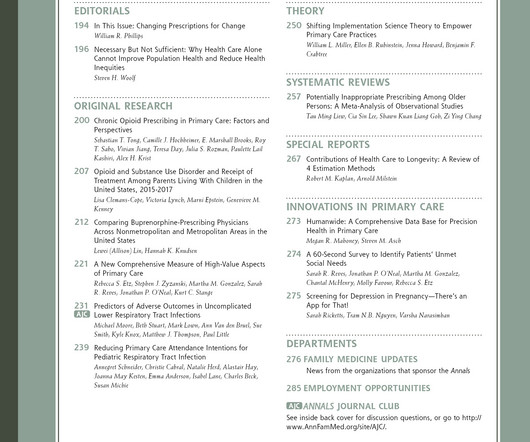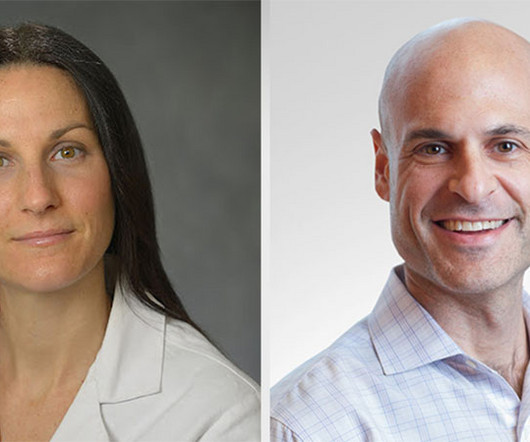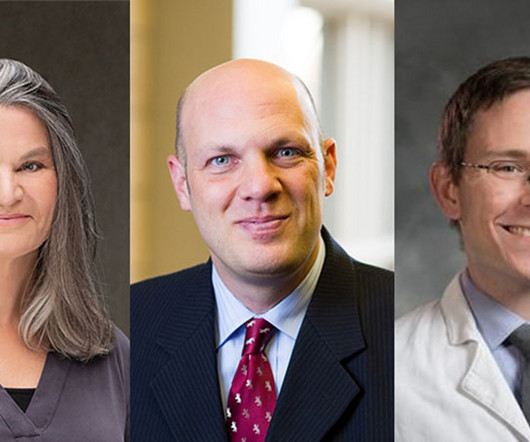The Impact of Integrated Care on Healthcare Utilization and Costs: Evidence from the Kansas Health Homes Medicaid Program [Behavioral, psychosocial, and mental illness]
Annals of Family Medicine
NOVEMBER 20, 2024
A difference-in-differences (DID) approach was used to compare outcomes in two groups: Medicaid beneficiaries assigned to KHH and those who were not.












Let's personalize your content